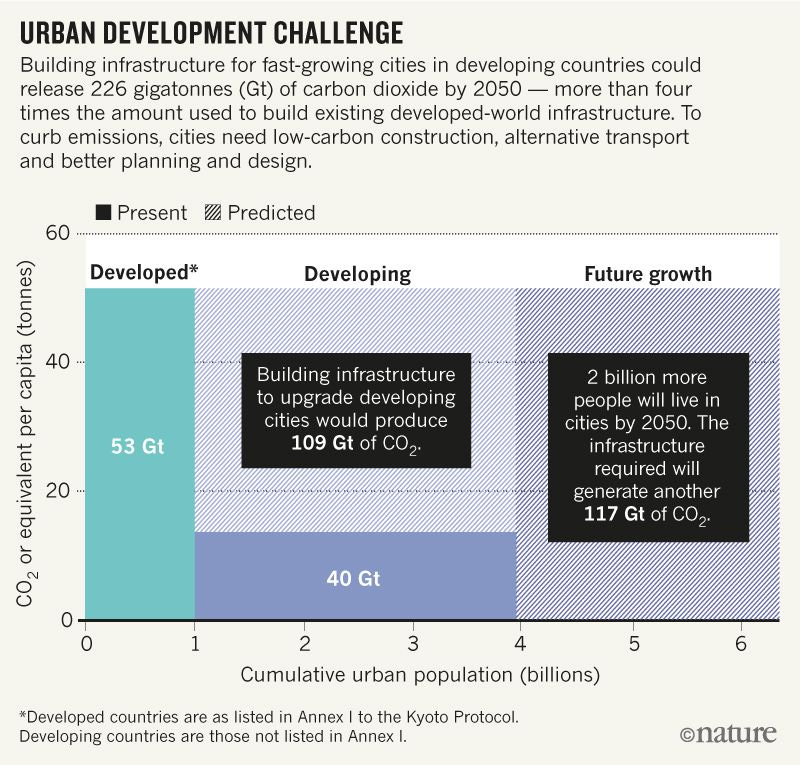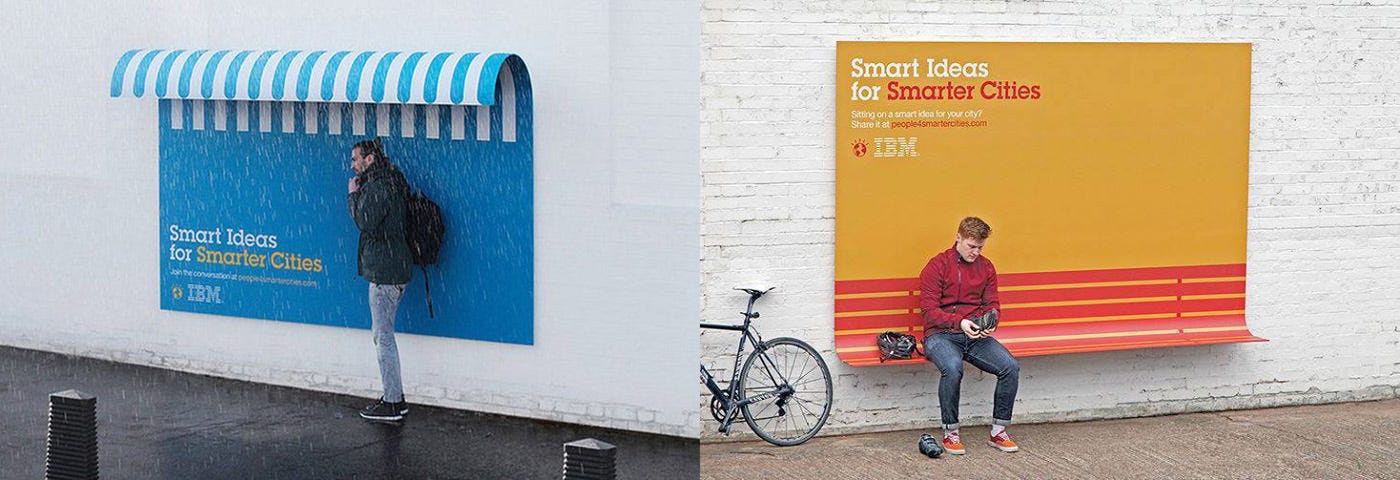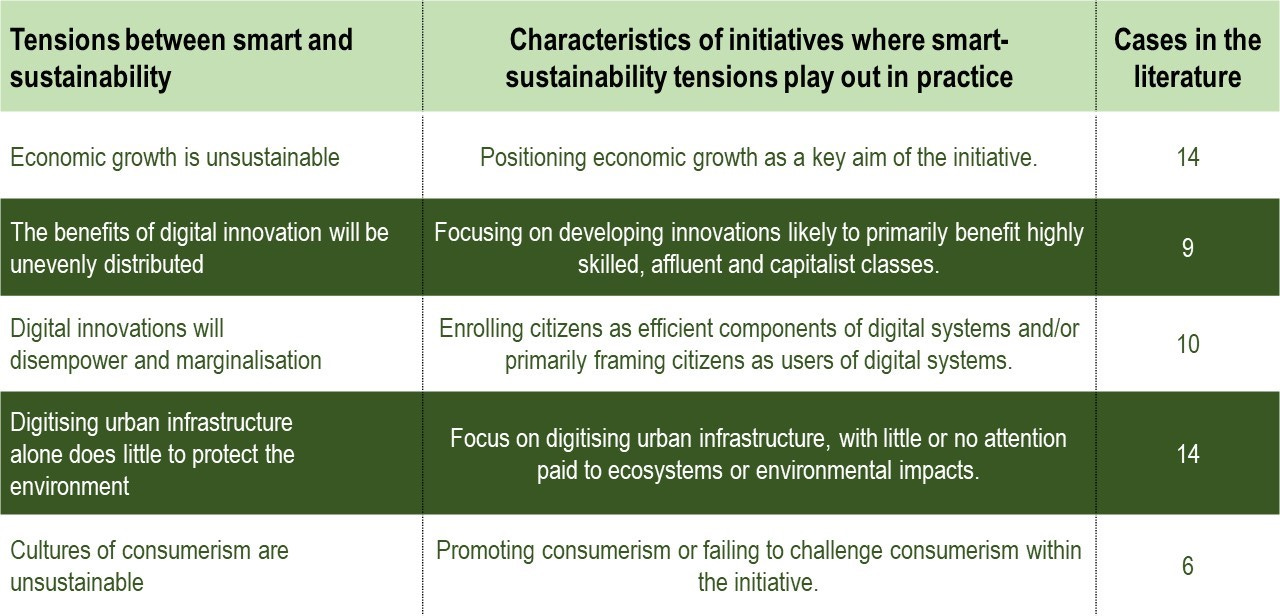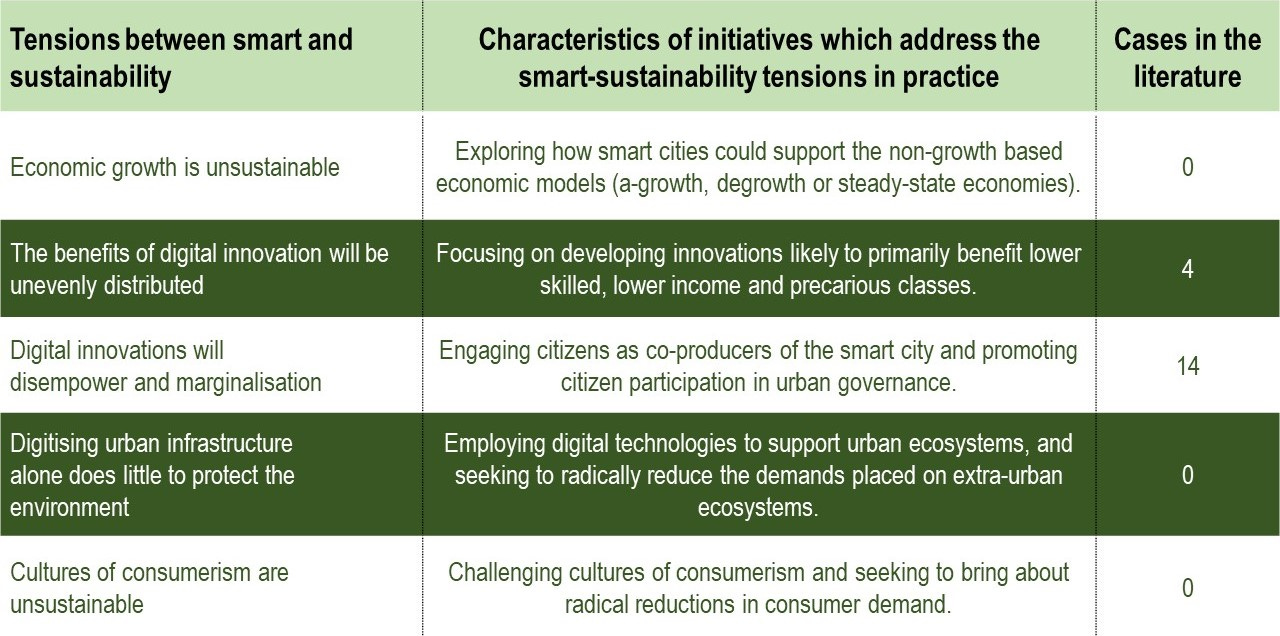Smart sustainable cities: pathway or no way?
Better a day later than never!
Cities (see image) are crucial to the climate of this planet: for its 2014 report, the IPCC calculated that 75% of all carbon emissions from energy use come from cities.

City. Photo by NASA on Unsplash
So, as Bai and others (2018) argued in Nature’s comment section, you know like, maybe it’s time we get serious about reducing emissions in urban contexts?
The sources of urban emissions are varied: buildings, construction of buildings, transportation… between buildings – OK, fine, I can’t pin everything on buildings. There is also waste and other industry, as well as ‘consumption’, broadly understood, as calculated in this 2018 C40 report. Different cities have different challenges: many cities in developed countries are relatively stable and have high percentage of buildings (ha!) that date back to before sustainability made it into building codes. These need to be retrofitted, wherever possible. Cities in many developing countries are growing rapidly and the challenge there is not only to apply energy saving techniques to the new buildings, but also the process of building them.

From Bai et al.
Making cities “smart” (or just building new smart ones from scratch) has been proposed as an important strategy in reducing urban carbon footprints. Why? The key term you’ll hear most often used to advocate for ‘smart urban systems’ is efficiency. Efficiency, we read in Bibri and Krogstie 2017:
can occur through connecting urban systems and assessing their sustainability performance; eliminating redundancy in urban operations and services; and pinpointing which urban domains, facilities, and networks to couple, coordinate, and integrate. (186)
Crucially and wonderfully, all this can be accomplished with ICT. ICT therefore holds “the key to a better world” (id)! A world in which we can grow smartly, that is, by “increasing urban efficiency with regard to energy, transportation, land use, communication, economic development, service delivery, and so forth” (189).

Bright Lights, Smart City!
The at times somewhat prophetic prose represents the enthusiasm of the pro-smart city literature. At the same time, the authors recognize that a critique often levelled at this literature is that is “heavy on speculation” (199). So, what of it? Can smart cities actually result in sustainable cities?
Let’s start by flinging down a gauntlet. The owner of said gauntlet is Robert Hollands (flinging in 2015). On the one hand, he sees that sustainability has become an important objective of many smart city initiatives. One study he cites found half of all smart city projects aim at improving urban mobility, whereas another third is focused on smart energy grids. On the other hand, he suspects that at least as powerful a drive behind these initiatives are the “huge profits to be made by major corporate ICT firms” (66), even though such potential is shrouded in “aggressive marketing strategies”. Yet, it’s not the profit motive itself that he thinks is potentially the most perilous. It’s the combination with the idea of “the inevitably of the technological revolution” (67), ingrained in the DNA of these corporations. Sustainability, however, will likely require more constraint than what this combination can allow. Or so says Hollands.

Now that we have the two opposing camps, it’s high time we took a look at some empirical literature!
Exhibit A: Ahvenniemi et al (2017)
They looked at city performance assessment frameworks. These are tools developed for cities that allows them some sort of measure by which to judge whether they are on track to meet certain goals. There are “smart city” assessments and “sustainable city” assessments. Now, if Hollands was right and the business case winds up defining what is “smart”, then despite all the ado about smart being good for sustainable, sustainability is not actually what ‘smart’ is judged by in practice. This turns out to be largely true! The authors conclude rather dryly:
“the small number of environmental indicators in the smart city frameworks is a remarkable deficiency because reducing energy consumption and CO2 emissions is one of the major goals of smart cities” (241).
This is not because ‘smart cities’ do not also want to be ‘sustainable cities’ too. It’s because those working on smartness are ultimately not those working on sustainability. And so ‘smart sustainability’ remains necessarily “heavy on speculation”.
Let’s continue the case.
Exhibit B: Martin et al (2018)
They read Hollands and others in his camp too, and they deduced five claims about the incompatibility, or at least “tension”, between smart cities and sustainability. They then whether see others had found these same tensions in their research. Out of a total of 37 relevant case studies they found, the result are as follows:

Evidence of smart city initiatives with smart-sustainability tensions. Adopted from Martin et al. For original see here.
Alright, so that’s not looking good. ‘But,’ I hear you say, ‘as long as these projects recognize the tension and do something about it, then you can’t count that as evidence against them’. Good point! Martin et al?

Evidence of smart city initiatives addressing smart-sustainability tensions in practice. Adopted from Martin et al. For original see here too.
OK, so… it’s still not looking good. In grand conclusion then:
the idea […] that digital innovation can drive gains in operational efficiency [and] simultaneously benefit economic development, environmental protection and social equity […] is supported by surprisingly little evidence and is actually undermined by a number of smart-sustainability tensions. (276)
The authors go on to suggest a number of ways to resolve those tensions (275), and while these are definitely worthwhile pondering, they also read about as well-defined as the claims about smart cities’ sustainability. That is to say, there are lots of “directions for further research” here.
While researchers are taking those directions, practitioners and policymakers can do their own research and conceptual work! This initial overview shows that the idea of a “smart sustainable city” is still up for grabs. What if, as Hollands suggested, “smart” does not necessarily mean “high-tech ICT”? What if it doesn’t have to be an engine for growth? What if, dare I say it, efficiency is not even the goal? What kinds of directions for further policy does that open up?
Next week, I’ll make things a little more concrete by zooming in one issue in particular – one that is quite important to the Green New Deal – which is how smart city (energy) programmes deal with participation. That will allow us touch back upon these larger issues as well.
Till then, or if you yearn for some participation of your own, write to me!
Sources
Ahvenniemi, Hannele, Aapo Huovila, Isabel Pinto-Seppä, and Miimu Airaksinen. 2017. "What are the differences between sustainable and smart cities?" Cities. 60: 234-245. http://dx.doi.org/10.1016/j.cities.2016.09.009
Bai X, RJ Dawson, D Ürge-Vorsatz, GC Delgado, Salisu Barau A, S Dhakal, D Dodman, et al. 2018. "Six research priorities for cities and climate change". Nature. 555 (7694): 23-25. https://doi.org/10.1038/d41586-018-02409-z (Open Access)
Bibri, Simon Elias, and John Krogstie. 2017. "Smart sustainable cities of the future: An extensive interdisciplinary literature review". Sustainable Cities and Society. 31: 183-212. https://doi.org/dx.doi.org/10.1016/j.scs.2017.02.016
Hollands R.G. 2015. "Critical interventions into the corporate smart city". Cambridge Journal of Regions, Economy and Society. 8 (1): 61-77. https://doi.org/10.1093/cjres/rsu011 (Open Access)
Martin C.J., Evans J., and Karvonen A. 2018. "Smart and sustainable? Five tensions in the visions and practices of the smart-sustainable city in Europe and North America". Technological Forecasting and Social Change. 133: 269-278. https://doi.org/10.1016/j.techfore.2018.01.005
If you do not have the appropriate credentials to cross the paywall to these articles, maybe you can check out sci-hub.tw (just copy paste the doi number), or if you are uncomfortable with that, send me a message and I’ll lend you a copy.


